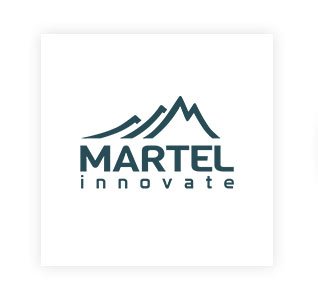DIGITAL ASSEMBLY 2019 – FROM DIGITAL 4 PLANET TO SMART COMMUNITIES, VIA QUANTUM!


Director General Roberto Viola at the 2019 edition of the Digital Assembly
The 2019 edition of the Digital Assembly, held 13-14 June, was co-organised by the European Commission and the Romanian Presidency of the Council of the European Union in the charming city of Bucharest. Martel’s participation in this event was timely, allowing us gain a better understanding of the major challenges and priorities for future digital investments, both public and private, and to more effectively position our activities and plans, in close collaboration with top policy makers, researchers and innovators in the international scene.
It was an intense two-day event and Martel’s CEO Dr Monique Calisti participated in a variety of debates and discussions across a packed agenda of interventions and expert panels.
“There are several inspiring messages that we bring back from this edition of the Digital Assembly, as well as several very concrete inputs to organise our business activities so that the innovation we manage, promote and develop can better contribute to addressing the environmental and sustainability issues our planet is facing, in line with the Digital 4 Planet vision” reports Monique.
Digital transformation brings immense new opportunities for humanity, but is also having a huge impact on our planet’s resources. While digital transformation and innovative solutions can help address climate and sustainability issues, computing data centres and the wide range of digital devices will soon represent nearly 50 percent of global digital consumption. We must be able to deal with power hungry devices that cannot be recycled. This requires, as Director General Roberto Viola stressed very clearly, a common and concrete agenda for a better planet. Europe is at work on a greener, more sustainable and circular approach and is aligning with global efforts undertaken by the United Nations, the World Economic Forum, and other multilateral entities.
“The Digital 4 Communities session was another highlight for Martel” adds Monique. This session was co-organised by the European Commission’s Directorate-General for Communications Networks, Content and Technology (DG CONNECT) in cooperation with the European Committee of the Regions (CoR) and in association with EUROCITIES and other stakeholders. Several of the debates focused on the strategy paper “Digital Europe for All”, presented by the CoR.
Communities need to be well equipped to be part of the digital transformation. 5G coverage of cities in combination with the increasing deployment of IoT sensors and devices have the power to unleash the provisioning of smart services to all citizens, but for this to happen, it is necessary to support cities in the transition to digital by means of technologies that lower the barriers to their adoption.
“Our smart cities platform ‘Orchestra Cities’ has been conceived and developed as a modular and inclusive solution that connects smart devices, cities and ultimately citizens in a collaborative environment, orchestrating the provision of services in a transparent and agile way.” says Monique. “I had an important and fruitful discussion with Markku Markkula, First Vice-President of the European Committee for the Regions, about Martel’s efforts to put technologies at the services of as many cities as possible through a number of efforts and initiatives we are pursuing. Our exchange re-confirmed for me that we are heading in the right direction.”
Another major highlight from the Digital Assembly 2019 edition was the signature of an important agreement among several European countries (Belgium, Italy, Germany, Luxembourg, Malta, the Netherlands and Spain) to work together to explore how to make a Quantum Communication Infrastructure (QCI) available in Europe. The plan over the course of this year is to explore how to develop and deploy such a QCI across the EU to secure financial transactions, safeguard the transmission, protection and long-term storage of sensitive data and ensure the sovereignty of sensitive governmental information. The QCI will help secure critical infrastructures and encryption systems against cyber threats, protecting smart energy grids, air traffic control, banks, healthcare facilities and other potential targets from hacking attacks. The long-term ambition is for the QCI infrastructure to become the backbone for Europe’s Quantum Internet.
The quantum difference is in transmitting, storing and manipulating information in ways that mirror the behaviour of the quantum world and that could provide a level of privacy, security and computational clout that is impossible to achieve with today’s internet.
Let’s keep up the promise and continue our work, because the Internet we want is a safer place for all!
 Horizon Europe
Horizon Europe



